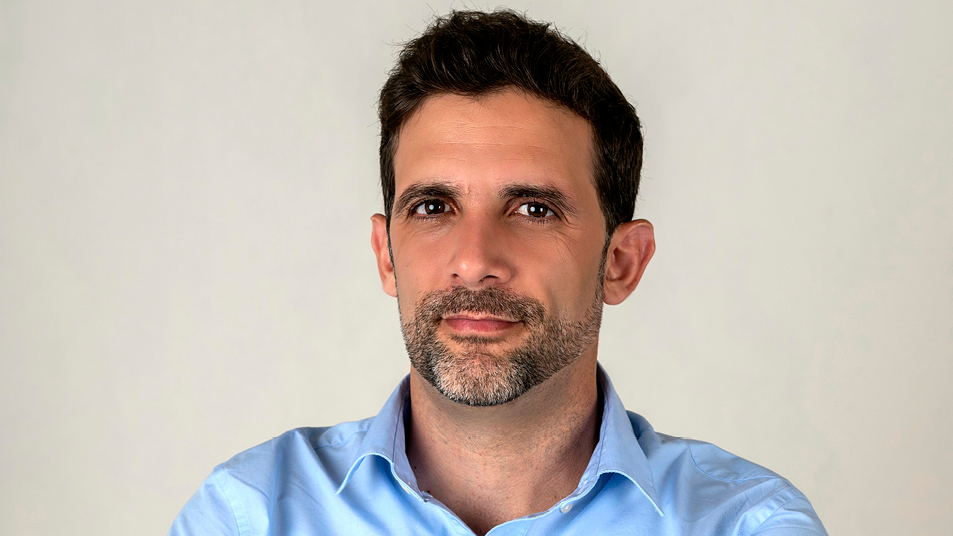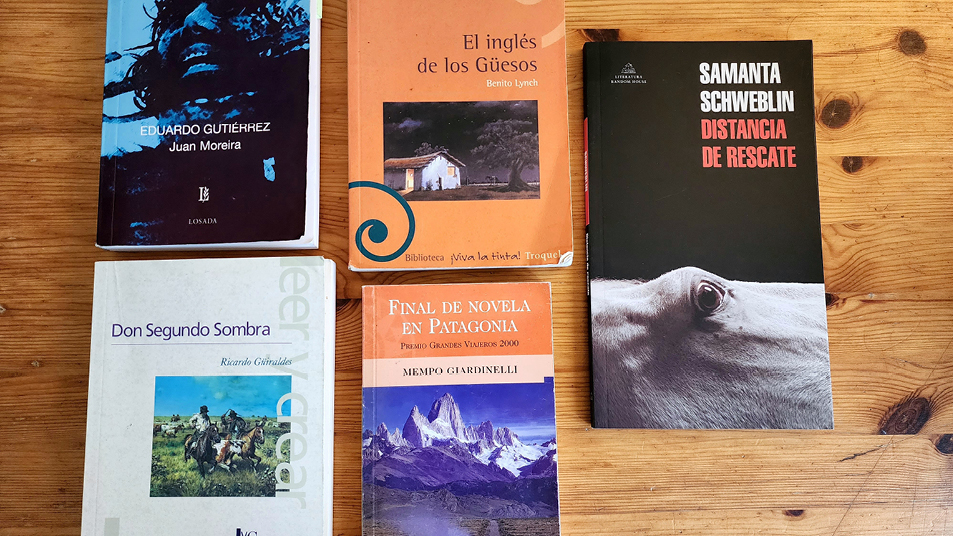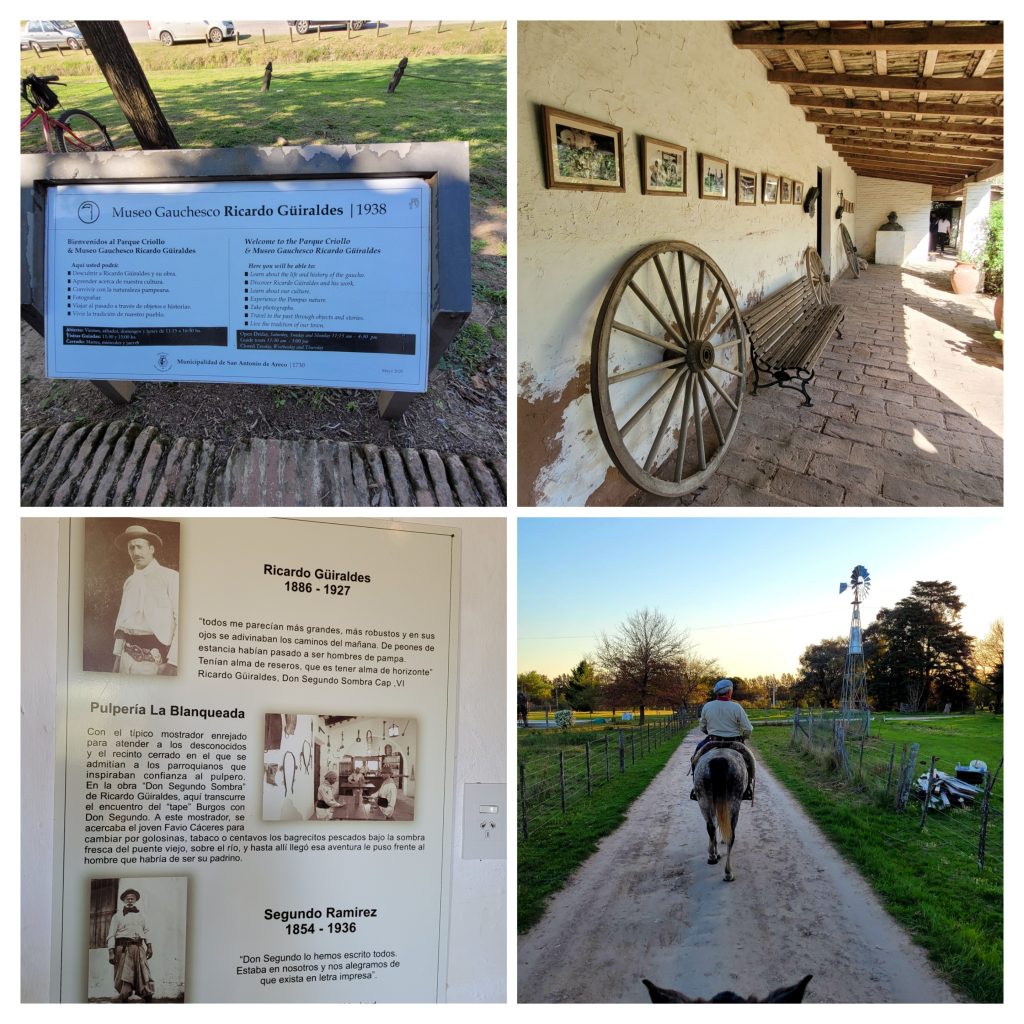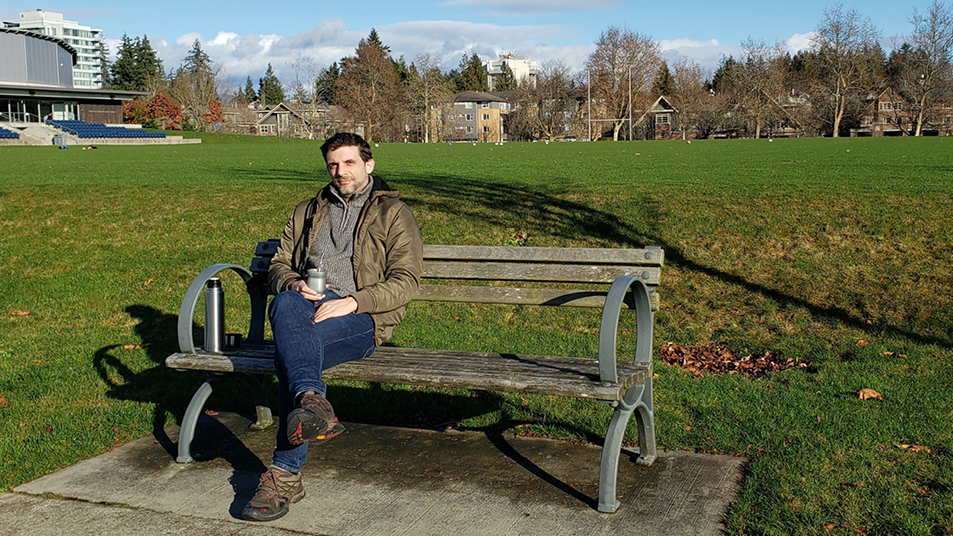Patricio Robles, PhD Student of Hispanic Studies, examines literary representations of the environment in narratives about two Southern Cone regions (Part 1). He also shares about his graduate student experience at UBC (Part 2).


Part 1: Research
“My research project examines literary representations of the environment in narratives about two Southern Cone regions.”
What is your research topic?
My research project, “Affective Environments: Nature-Culture in Ecological Narratives about the Pampas and Patagonia,” examines literary representations of the environment in narratives about two Southern Cone regions: The Pampas and Patagonia. I aim to address how they have been depicted historically, centering on the mechanisms these writers employ to engage readers with ecological narratives.
My dissertation covers texts from the 19th century to the present day and studies how perceptions of nature unfold during this period. My corpus is representative of a broad range of literary approaches. Some of these texts are historical and canonical, while the last two chapters cover contemporary texts that remain understudied. I analyze different genres, such as fiction from the traditions of gauchesca and regionalist literature and current neorruralismo for the Pampas. Equally, I study contemporary and historical travel writings to Patagonia and local writers who oppose polluting industries.


Part of Patricio's corpus.
Nature-Culture Dualism
Although much has been written about post-independence writings in the Southern Cone landscape, my dissertation draws from a novel affective-ecocritical approach while also establishing a connection with both areas, and the historical and current narratives in the region. This approach has allowed me to track the evolution of what I define as a regional literary trope, the dualism of nature-culture.
My main finding is to note how nature-culture dualism is subverted in the period analyzed. 19th-century writers echoed, however ambivalently, the official national policy of taming nature to develop the nation. They sought to create concepts that would help transform, domesticate, and exploit nature by making “history” and creating “culture.” Yet recent writing in the region challenges and subverts this dichotomy.
In contemporary writing, nature is reclaimed as something positive and pure that ought to be preserved or recovered. At the same time, culture, understood here as human-made artifacts and environments, is seen as unfavourable. In Patagonia, the natural landscape is depicted as still pristine but now requiring protection, not transformation, as signs of degradation and potential development remain in tension. In the Pampas, I identify a new literary trend that develops a “discourse of toxicity”: human intervention has given rise to a degraded, polluted landscape, “post-natural.”
During the 19th century, Europeans and national writers depicted these geographies as wild, natural territories requiring taming to develop the Argentinian nation. As the 20th century unfolded, the Pampas became the main productive area of the country, while Patagonia remained largely unaltered. Analyzing these divergent histories, I study how representations of these landscapes evolved, tracing emotions, perceptions, and affects associated with nature. I address the extent to which this process has reshaped literary perceptions and how they inform current environmental challenges in both regions.


San Antonio de Areco, Argentinian Pampas, 2021. Museo Ricardo Güiraldes, where Patricio spent some time researching.
Part 2: Graduate Student Experience
“My experience at UBC has exceeded my expectations. I have found an intellectually exciting community at FHIS; one can truly live the academic world in its entirety here.”
Why did you choose UBC as the university to pursue your studies?
While in Argentina, I took a distance course led by UBC professors and was impressed by the academic level, as well as the beauty of the campus and Vancouver. Since then, I have considered having UBC as an option to continue my graduate studies. I did a bit of research about the university and found it to be a fitting place for my studies—and I wasn’t wrong.
The truth is that my experience at UBC has exceeded my expectations. I have found an intellectually exciting community at the Department of French, Hispanic and Italian Studies (FHIS), as well as outside the department. I am immensely grateful for the support and the opportunities to teach at the university and research as an assistant. UBC is also an inexhaustible source of materials, archives, talks, seminars, and workshops. One can truly live the academic world in its entirety here. I believe that all of this prepares graduate students in the best way to face the challenges of a career, whether inside or outside of academia.
Why did you pursue graduate studies?
I have always been interested in knowledge, ideas, and debates, just as I have always been an eager reader. Naturally, I have always thought that academia is a suitable place for me. After finishing my university education in Argentina, I worked as a teacher for several years—another passion that aligns with academia. Still, for different reasons, I could not complete a Ph.D., which was always a purpose of mine. That is why I am fortunate to have had this opportunity to fulfill a long-term aspiration here at UBC.
After defending my dissertation, I plan to continue researching and teaching and become a university professor. I am also open to applying the skills learned during my time in graduate studies outside academia.


Patricio enjoying a sunny day on campus.
What was it like working with your graduate supervisor?
My graduate supervisor is Dr. Kim Beauchesne. I took a course with her as part of the required seminars for my Ph.D. and immediately realized that she would be a good fit for my project given her area of expertise, as well as her detailed feedback and relevant comments on my paper for the seminar. Kim has provided excellent guidance throughout this process. She is thorough and resourceful in her readings and has been a great source of encouragement and inspiration. I like Kim’s approachability and commitment, as well as her flexibility and adaptability to the changes that arise during the writing process.
What advice would you give to those who are discerning whether graduate school is for them?
One piece of advice I would give prospective graduate students is to think about how they want to spend their time, whether they wish to be in a lab, work with people, teach, or do research.


